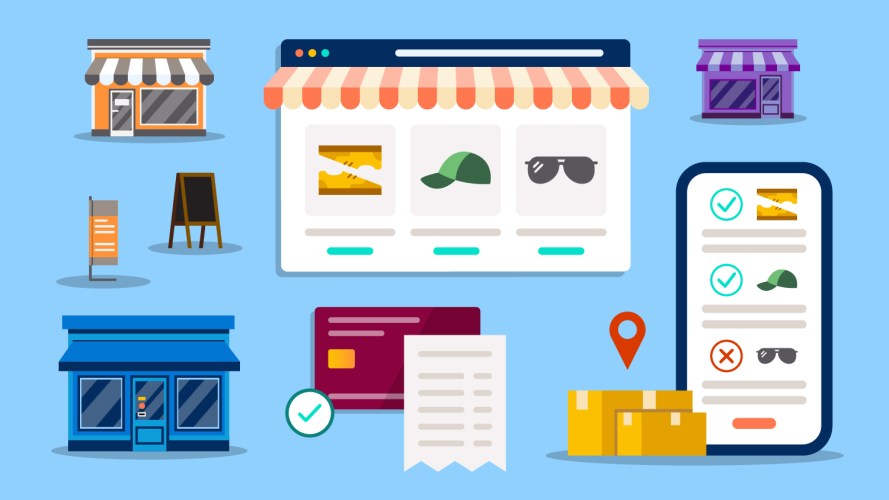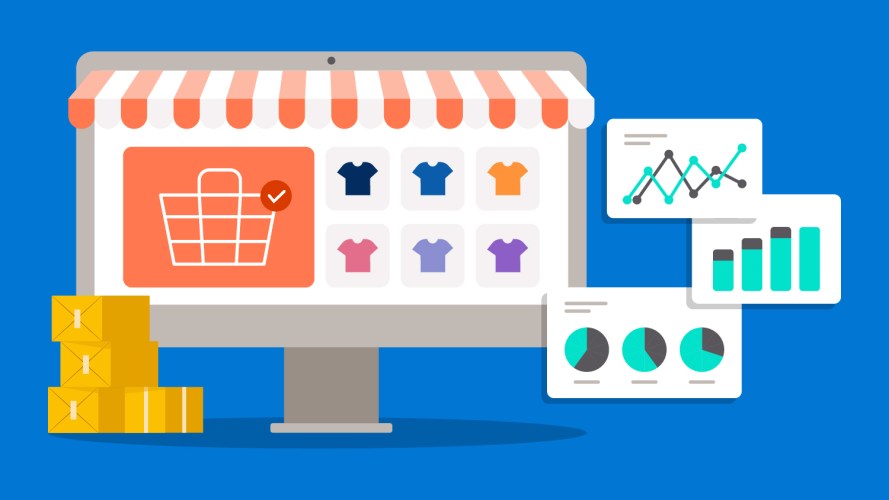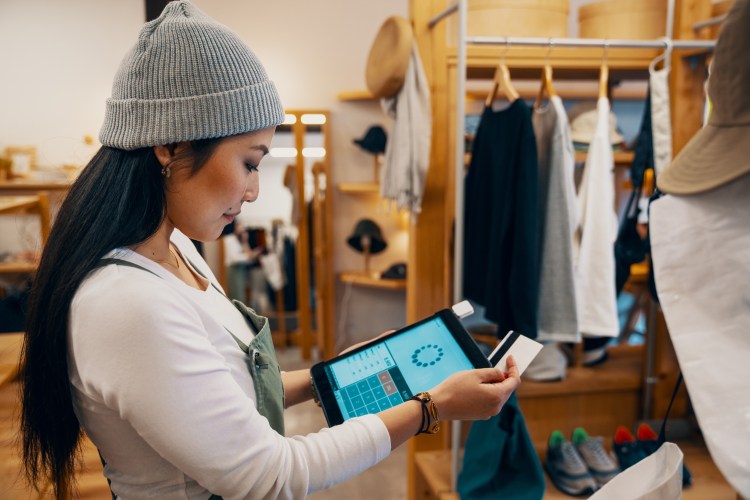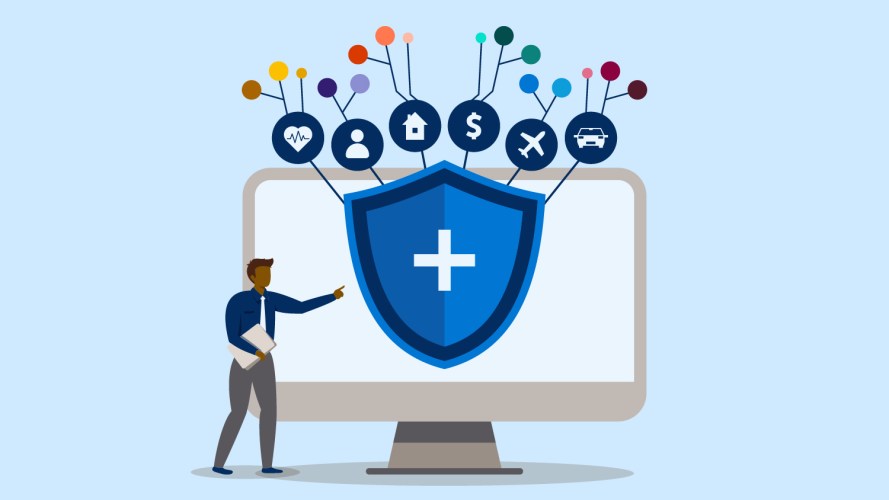Data is the key to great customer experiences in retail — but first it must be accessible. Too often, teams have to search for it, wait for someone to send it to them, or pull it out of one system just to retype it into another.
No one knows that better than Karen Beebe, CIO and SVP of Operations at vineyard vines, the clothing and accessories retailer founded on Martha’s Vineyard in 1989. In her three-plus decades in retail, she’s seen how important it is for teams to easily find and use data that can help them do their jobs better.
“Data’s important, but we’re using it in places that are not accessible and, in today’s digital transformation, it needs to be there for everyone,” she said.
The democratization of data is essential to retailers’ future success, perhaps even to their survival. In this installment of Becoming Retail, a blog series in which top retail leaders share their hard-won expertise, Beebe explains why.
Want more retail leadership insights?
Find retail leaders’ strategy tips, plus technology and retail innovations. Get inspired by new ideas to create the best omni-channel experiences for your customers.



Harness the power of technology
Beebe’s deep understanding of company and customer needs comes from more than 25 years in the retail industry at leading apparel brands including Victoria’s Secret and Bath and Body Works, which became L Brands. In her early years at L Brands, she did stints in planning, allocation, and internal audit. Those experiences gave her a ground-up view of retail’s inner workings, its challenges, and its possibilities.
Beebe continued working and learning at Chico’s FAS Inc. and then on to vineyard vines. Now, her mission is to translate business needs into technology solutions that help shoppers. “You’re literally helping [business users] do their job. That’s what was so exciting for me,” she said. “It’s not just giving technology for technology’s sake. It was about making it easier, making their lives better.”
Beebe realized that many traditional retailers still rely on legacy systems that silo data and make it hard to access. That’s in line with one recent survey in which 62% of retail executives said they are highly likely to invest in resources for accessing customer data across various business functions, such as sales, marketing, and service operations.
Use data to close the gaps in your experience
Forward-thinking retailers integrate data collected by various systems and improve data management. The goal is a 360-degree view of customers and data access for everyone on the team, which enables critical speed. “You put those processes in place … so you can go really fast,” Beebe said. “And you can see where your gaps are because you’re not going as fast as you could because you’re not sharing that data.”
Digital tools like a customer relationship management (CRM) system pull information from legacy systems and show it on a single screen. That makes it easy for team members to share and manage projects from anywhere. They can scale up or down as needed.
Vineyard vines was fine-tuning its cloud-based system when COVID-19 hit. The company had just completed training for the team when stay-at-home orders went into effect. “Fortunately, we were already prepared,” Beebe said. “We were very cloud-based and already set to be remote.”
Teams adapted quickly to the tools of remote work as they scrambled to serve customers when stores and department stores closed. They ramped up e-commerce with shipping and prepared for a safe reopening of stores.
Focus on the details
Many retailers already have e-commerce sites and apps in place, and ordering and shipping ironed out. But bottlenecks, slowdowns, and inconveniences can still frustrate customers. “Retail is detail,” said Beebe, so you have to pinpoint every problem and find the solution.
For example, when the pandemic began, physical distancing guidelines made curbside pickup an appealing option for shoppers. It eliminated person-to-person contact but also solved other problems — like not needing to find a parking spot in popular store locations or having to walk from the car to the store, which is difficult for those who are disabled or injured — so many customers continue to use it.
Move at the speed of technology
Gone are the days when employees and shoppers resisted new technology. Now, they are hungry for the latest and greatest.
“Phones are in the hands of every single person at very young ages,” Beebe said. “Associates in the store and home office embrace technology and have instant access to information in their personal lives. And they expect it in their work lives as well. If you’re not empowering them with these technologies, then you’re probably going too slow. You’re not bringing them technology fast enough.” That’s what keeps her up at night.
Retailers have to meet rising expectations for technology that is accessible, simple, and useful. They must embrace the ability to democratize data so it can be used to improve processes, satisfy shoppers, and grow the brand.
Stay on top of retail technology to stay relevant
Learn more about how vineyard vines makes data accessible.



This article is part of our “Becoming Retail” series, where top retail leaders from great brands share how their personal values, professional influences, and industry experience inform their leadership.




























